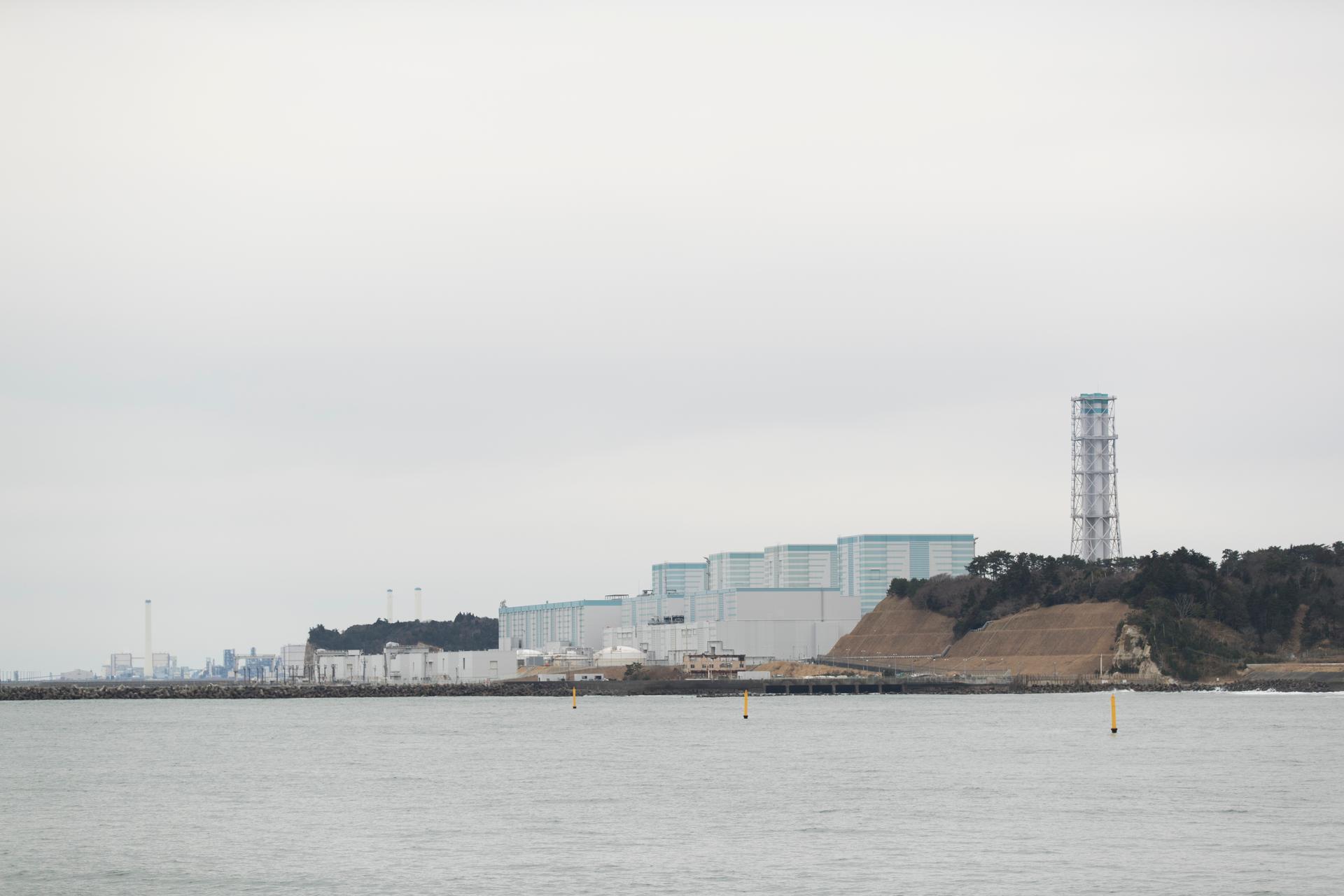‘The Journey Itself Home’: Reflections on moving forward after devastation in Japan
Japan on Thursday marks the 10th anniversary of a massive earthquake, tsunami and nuclear disaster along its northeastern coast.
On March 11, 2011, one of the biggest temblors on record touched off a massive tsunami, killing more than 18,000 people and setting off catastrophic meltdowns at the Fukushima Daiichi nuclear plant.
Nearly half a million people were displaced. Tens of thousands still haven’t returned home.
Related: Yoichi Funabashi on Fukushima: Nuclear energy is ‘unforgiving’
The children and teenagers who lived through that catastrophic time in Japan feature centrally in an art project titled, “The Journey Itself Home” (“旅はすみか”), which reflects on how to move forward.
Two pairs of artists, Americans and Japanese, are behind the project: Hiroyuki Abe and Natsuka Endo in Tokyo and Sue Mark and her husband Bruce Douglas from the San Francisco Bay Area. The four met in 2019.
The project, described as “a poetic act of radical caring to rebuild social trust,” collected thoughts from residents of the impacted Tohoku region of northeast Japan about the recovery and people’s hopes for the future.
Related: Japan has plutonium, rockets and rivals. Will it ever build a nuke?
Initially, the artists planned to talk to people in person, but the pandemic changed that. Instead, they got people’s input and recorded it via Zoom.
The artists will present their work during an online symposium next week.
In addition, the artists hope that the audio of people’s responses will be inserted into tsunami stones (markers) along Japan’s coastline.
Here are some of the responses the artists got, below.
The Associated Press contributed to this report.
